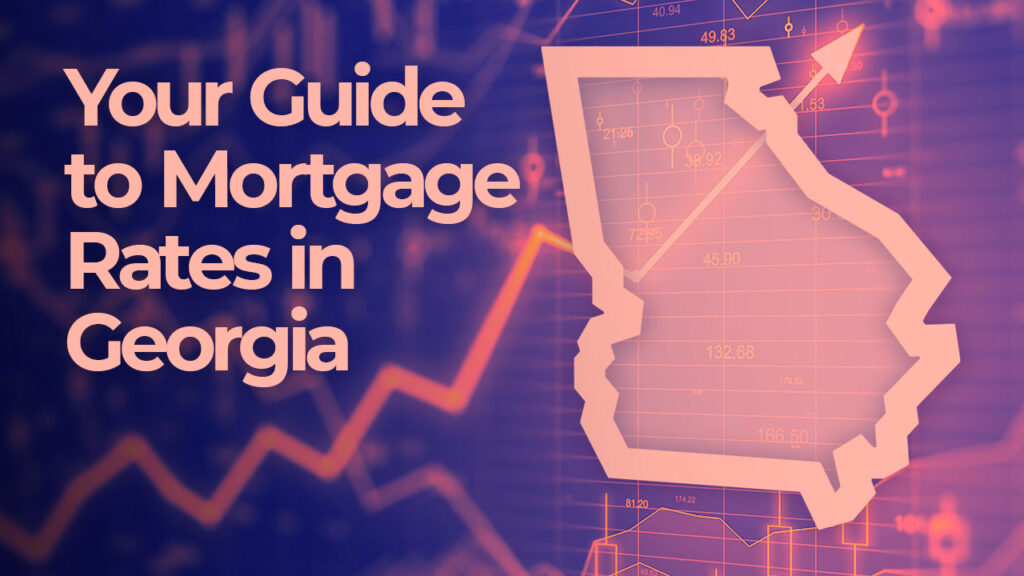Understanding how interest rates work on small loans can feel complicated, but it doesn’t have to be. This simple guide will break down the essentials, empowering you to make informed borrowing decisions.
What are Interest Rates?
Interest rates represent the cost of borrowing money. Lenders charge interest as compensation for the risk they take in lending you funds. Think of it as the price of using their money.
Types of Interest Rates
There are several types of interest rates, including fixed rates (stay the same throughout the loan term) and variable rates (fluctuate based on market conditions). Understanding this distinction is crucial for budgeting. 
Factors Influencing Interest Rates
Numerous factors influence the interest rate you’ll receive on a small loan. Your credit score is a major one; a higher score often means a lower rate. Learn more about improving your credit score. Your income, debt-to-income ratio, and the loan amount also play significant roles.
APR: Annual Percentage Rate
The APR represents the annual cost of borrowing, including interest and other fees. It’s a crucial figure to compare loan offers. Always look beyond just the stated interest rate and examine the APR carefully.
Loan Terms and Repayment
Loan terms, usually expressed in months or years, determine the repayment period. Shorter terms typically mean higher monthly payments but lower overall interest paid. Longer terms offer lower monthly payments but lead to paying more interest in total. Use a loan calculator to explore different scenarios.
Small Loan Options
Several options exist for small loans, including personal loans from banks or credit unions, payday loans (often with very high interest rates), and peer-to-peer lending platforms. Compare small loan options here.
Credit Score’s Impact
Your credit score is a significant factor influencing interest rates. A higher credit score demonstrates creditworthiness, leading to lower interest rates and better loan terms. 
Debt-to-Income Ratio (DTI)
Your DTI, the percentage of your gross monthly income that goes towards debt payments, is another critical factor. A lower DTI usually implies lower risk for lenders, possibly leading to more favorable interest rates.
Understanding Loan Fees
Various fees might be associated with small loans, such as origination fees, late payment fees, and prepayment penalties. Carefully review all loan documents to understand these costs. Check out this resource on loan fees.
Comparing Loan Offers
Always compare multiple loan offers before making a decision. Don’t just focus on the interest rate; compare APRs, fees, and repayment terms to find the most suitable option.
Avoiding Predatory Lending
Be wary of loans with excessively high interest rates and hidden fees, which can indicate predatory lending practices. Learn how to spot predatory lenders.
Responsible Borrowing
Borrow only what you can afford to repay comfortably. Create a realistic budget and ensure you can manage your monthly payments without straining your finances. 
Reading Loan Agreements
Before signing any loan agreement, thoroughly read the terms and conditions to understand all aspects of the loan, including interest rates, fees, and repayment schedule.
Building Good Credit
Maintaining a good credit score is essential for securing favorable interest rates on future loans. Pay your bills on time and manage your credit responsibly.
The Importance of Budgeting
Budgeting is key to responsible borrowing. Learn about budgeting strategies to help you manage your finances effectively and avoid overspending.
Seeking Financial Advice
If you’re unsure about anything, consider seeking advice from a financial advisor. They can provide personalized guidance on choosing the right loan and managing your finances.
Loan Calculators
Use online loan calculators to estimate monthly payments and total interest paid for different loan scenarios. This allows you to make informed comparisons before committing to a loan.
Conclusion
Understanding interest rates on small loans is crucial for responsible borrowing. By considering all aspects of a loan offer and comparing multiple options, you can make an informed decision that aligns with your financial goals.
Frequently Asked Questions
What is the best way to get a low interest rate on a small loan? The best way to get a low interest rate is to maintain a good credit score, manage your debt responsibly, and shop around for the best loan offers.
What happens if I miss a loan payment? Missing a loan payment can result in late fees and damage your credit score, potentially leading to higher interest rates in the future.
Can I refinance a small loan? Depending on your circumstances and the lender, you might be able to refinance a small loan to secure a lower interest rate or a more manageable repayment plan.
What are the risks of taking out a payday loan? Payday loans typically come with very high interest rates and can trap borrowers in a cycle of debt if not managed carefully.
Where can I find more information about personal finance? Many reputable websites and organizations offer resources and educational materials on personal finance, including budgeting, saving, and debt management.


